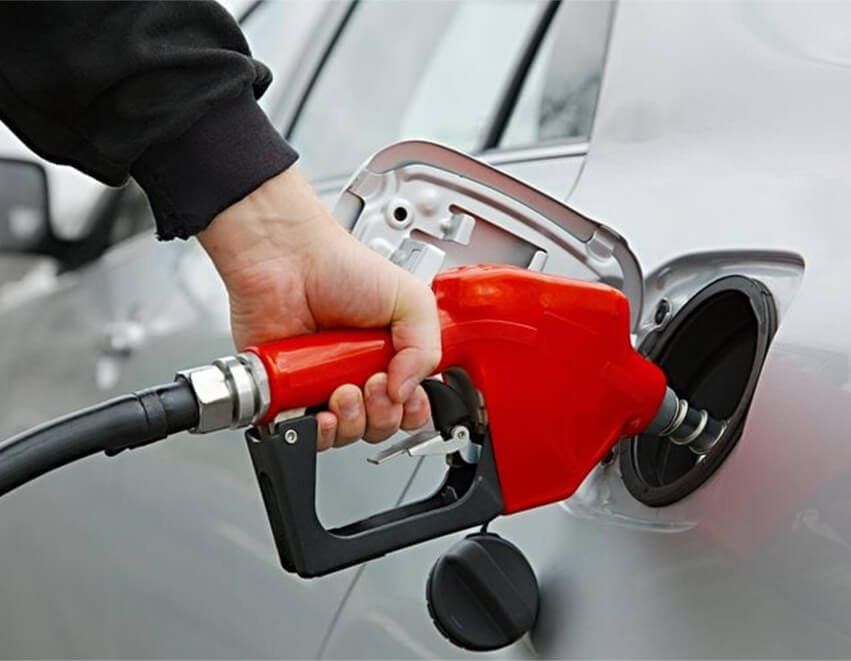From diminished performance to injector and pump failures, an overworked diesel fuel filter has a nasty way of making its neglect known. Don’t let yourself fall into that costly trap. Knowing the warning signs and sticking to recommended services goes a long way.
For diesel rigs that log countless hard miles hauling heavy loads, keeping fuel flowing cleanly is job one. But even the most conscientious owner can slip up on replacing fuel filters before they become ineffective. Once that happens, you’re stuck with trouble that’ll make you wish you’d stuck to the maintenance schedule.
Key issues to watch for:
From diminished performance to injector and pump failures, an overworked diesel fuel filter has a nasty way of making its neglect known. Don’t let yourself fall into that costly trap. Knowing the warning signs and sticking to recommended services goes a long way.
Diesel manufacturers publish filter replacement intervals, but ideal schedules vary depending on your engine, driving conditions, and fuel quality. Here are some typical guidelines:
For over-the-road trucks running reliable #2 diesel, expect to swap filters every 12,000-15,000 miles or so.
Filters on construction and agricultural machinery get crushed by dirt, soot, and harsh environments. Change them at least every 500 hours of operation – or even more frequently if conditions are really nasty.
Late-model 3/4 and 1-ton diesel trucks can often go 15,000-20,000 miles between fuel filter changes with good fuel quality.
Older diesel with less fine-precision components may make it through 12,000-20,000 miles before filters need replacing.
The key is not pushing them past their limit, whenever that may be for your particular vehicle and application. Using quality name-brand filters also promotes better longevity.
Even with regular changes, sometimes filters get overwhelmed and need swapping sooner than expected. Be on the lookout for these warning signs of an overworked, clogged-up fuel filter:
If you experience these issues, a filter change should be at the top of your troubleshooting list to help rule it out. Don’t just ignore the symptoms!
Ask around among diesel enthusiasts, mechanics or truckers and you’ll hear plenty of horror stories. From putting holes in pistons to grinding injectors or melting fuel pumps, the damage potential from neglected filters is immense – and extremely expensive to remedy.
Therefore, partner up with Aocheng Group today and get the highest-quality diesel fuel filtration products!




